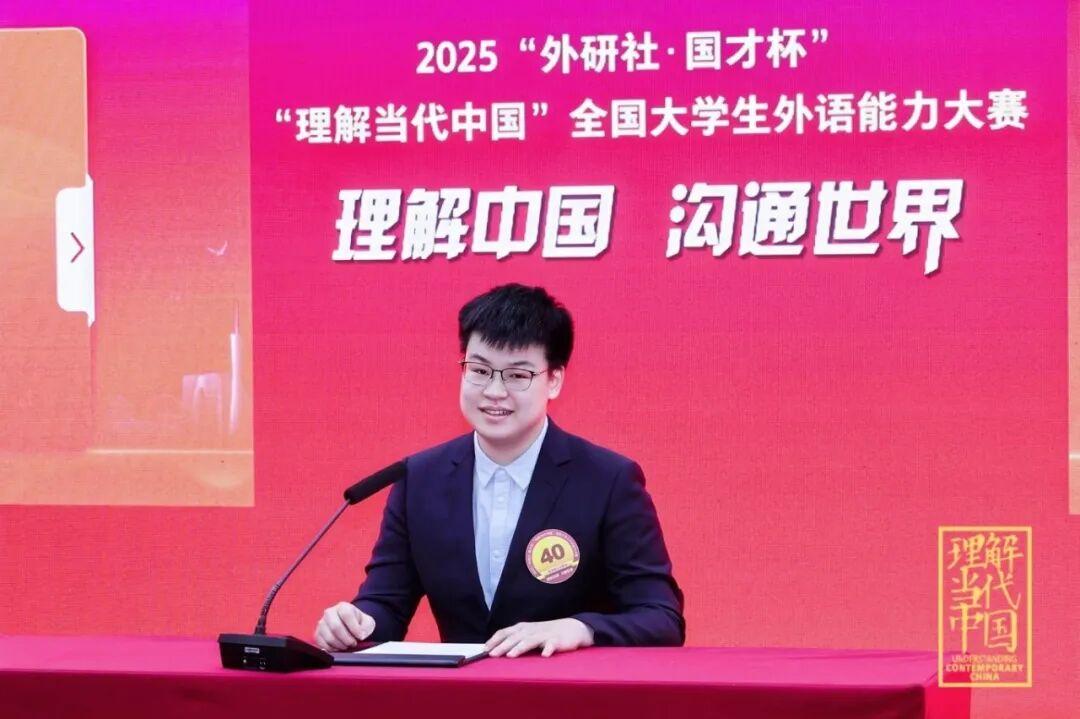Finding Pleasure in Water Research: Dr. Jungbin Kim's Journey with AI-Powered Water Treatment
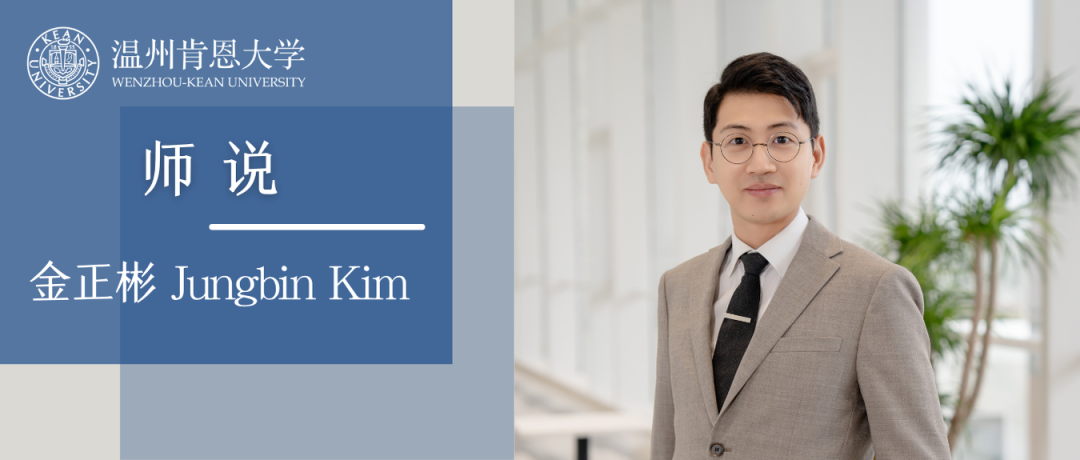
Jungbin Kim, a distinguished young scholar with multiple research accomplishments, is currently an Assistant Professor in the Department of Environmental Science at Wenzhou-Kean University (WKU). He has a unique teaching philosophy and is always passionate about exploring Chinese culture and life. As one of the international top young talents, Professor Kim embarked on his extraordinary journey with WKU in 2023. His story is full of creativity, responsibility, and pursuit.
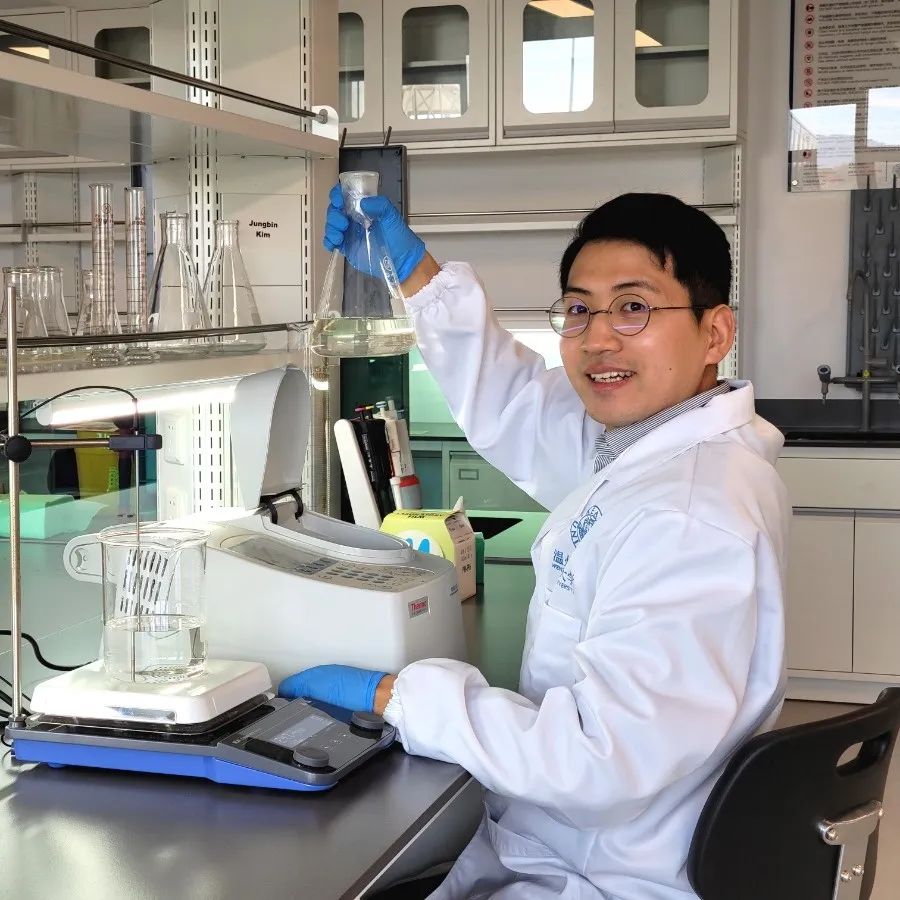
AI-Powered Water Treatment and Desalination Research
Jungbin Kim is a Special Issue Editor for the esteemed academic journal Desalination and a committee member of the Young Leaders Program of the International Desalination & Reuse Association (IDRA). He has published numerous articles in leading SCIE journals in the fields of environment and chemical engineering. His innovative work includes 17 applied patents and 10 granted patents for environmental processes, with two patents successfully transferred to companies. In recognition of his achievements, he received the prestigious Korea Young Talent Award from the President of the Republic of Korea and the Zhejiang Young Talent Award.
Recently, the National Natural Science Foundation of China (NSFC) announced its list of 2024 grant recipients. In the intense competition with only a 10.87% approval rate, Professor Jungbin Kim’s project, “A Study on Semi-Batch Reverse Osmosis Scaling Mechanisms Using a Machine Learning-Based Scaling Index,” stood out and was successfully approved as part of the Research Fund for International Young Scientists. This is a remarkable achievement as he secured the NSFC funding within just one year of working in China.
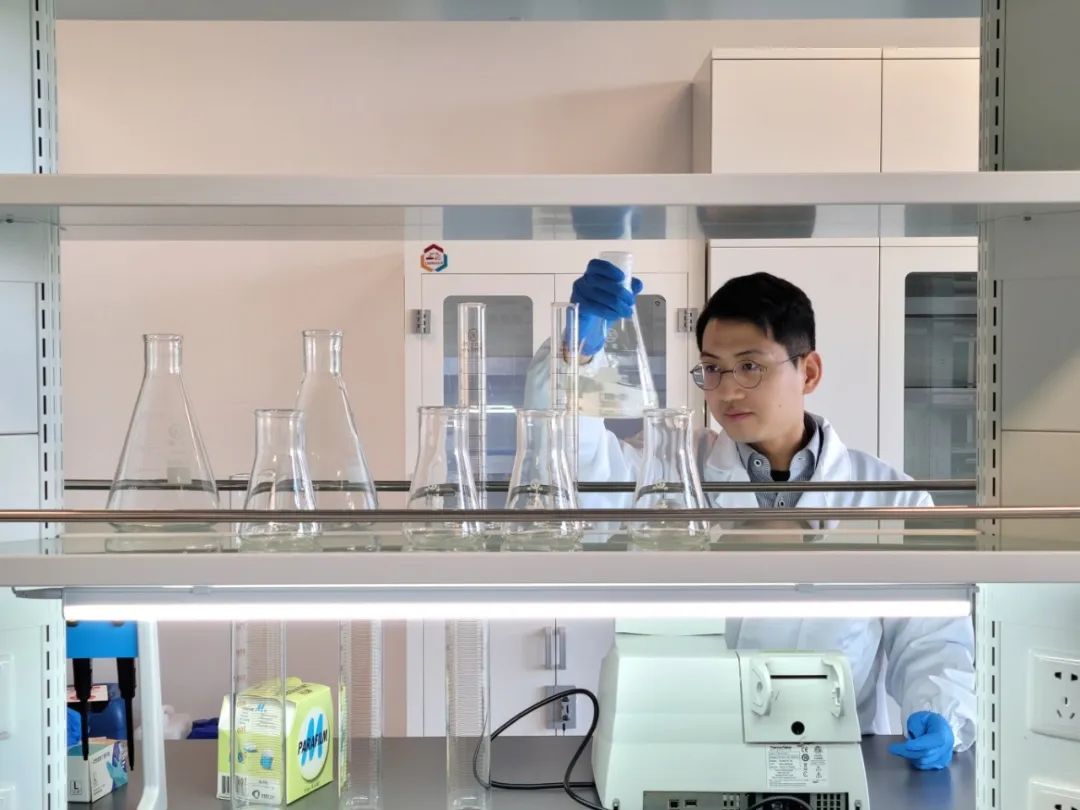
In the field of water treatment, reverse osmosis membrane technology is a key method for transforming seawater or wastewater into clean water. However, during the desalination process, particulate or dissolved matter can accumulate on the surface of the membranes, forming fouling. In particular, scaling becomes a significant issue in reverse osmosis at high recovery due to the increased concentration of dissolved solids. Professor Kim explained that scaling will deteriorate the membrane performance by obstructing water flow, reducing operational efficiency, and potentially causing membrane damage. Therefore, minimizing scaling to extend the membrane’s lifespan and improve desalination efficiency is essential in high-recovery reverse osmosis operation. To better understand and address this challenge, he decided to adopt an innovative approach: Integrating artificial intelligence technology into the project.
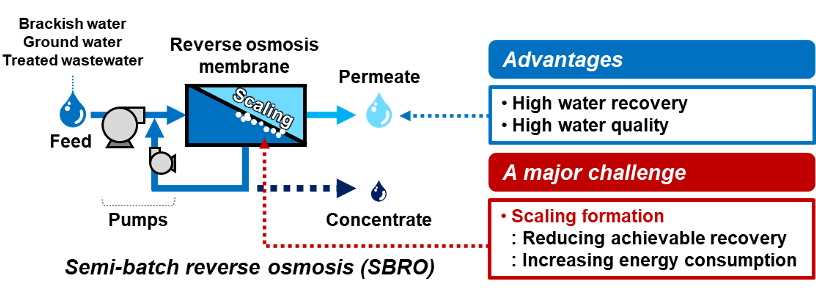
Forming Teams, Improving Environments: Teacher and Students Shape a Greener Future
Jungbin Kim graduated from Korea University with a Ph.D. in Civil, Environmental and Architectural Engineering. While he was working at Korea University, he was deeply involved in an international seawater desalination project jointly conducted by Korea-UAE and worked on this project for six years, gaining valuable academic and industrial experiences. Driven by a great interest in water treatment and desalination, particularly addressing water pollution in various water bodies, he began paying attention to the local water environment after arriving in Wenzhou.
This spring, Professor Kim, together with his six students and one university staff, joined a research project focused on the valorization of municipal water bodies. The primary goal of the project is to recover clean water and heavy metals from municipal surface water for circular economy purposes using reverse osmosis and electrodeposition while evaluating energy consumption and economic value. This technology will ultimately reduce environmental pollution and benefit local people by providing safe water and the environment. The significance of this scientific finding will be highly valued for the local community.
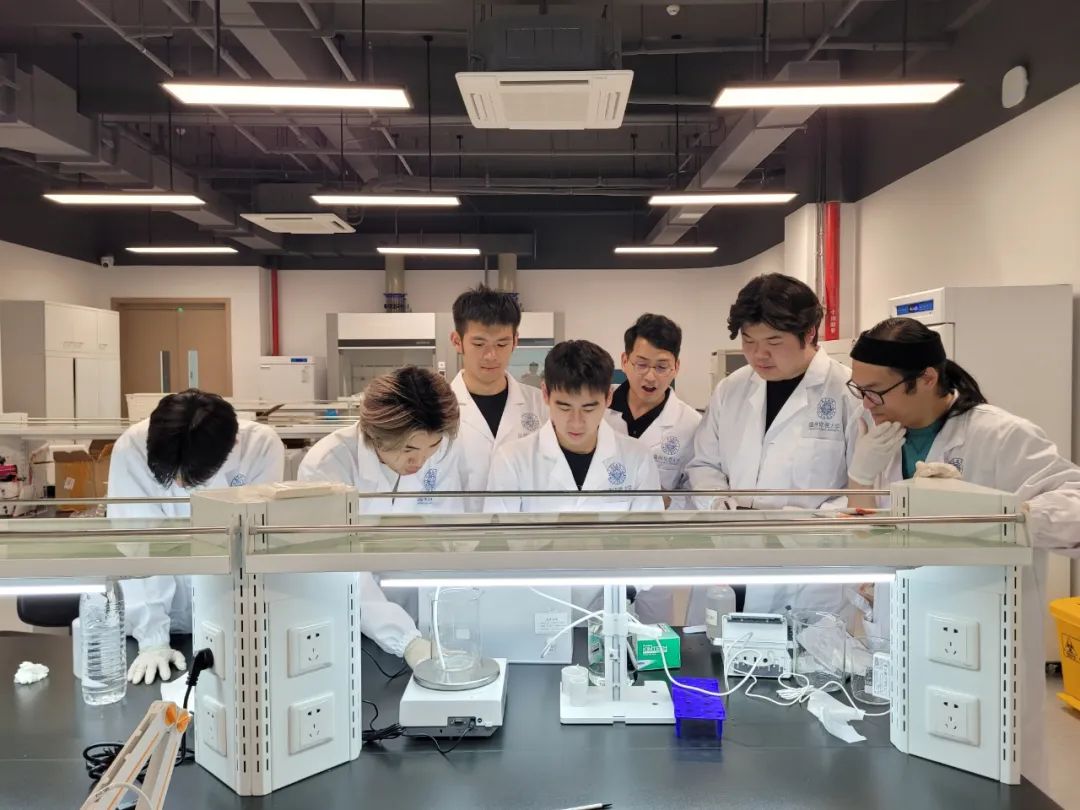
The research team tried to understand the characteristics of various water bodies across Wenzhou’s urban areas. After carefully selecting the best sampling location, water samples were collected and their characteristics such as conductivity and pH were analyzed. With the pretreatment of water samples, they apply reverse osmosis and electrodeposition technologies to recover clean water and extract heavy metals from municipal surface water. Mathematical models were developed and used to calculate energy consumption and costs, assessing the feasibility of the technologies for circular economy principles. This rigorous routine has been repeated for several months.
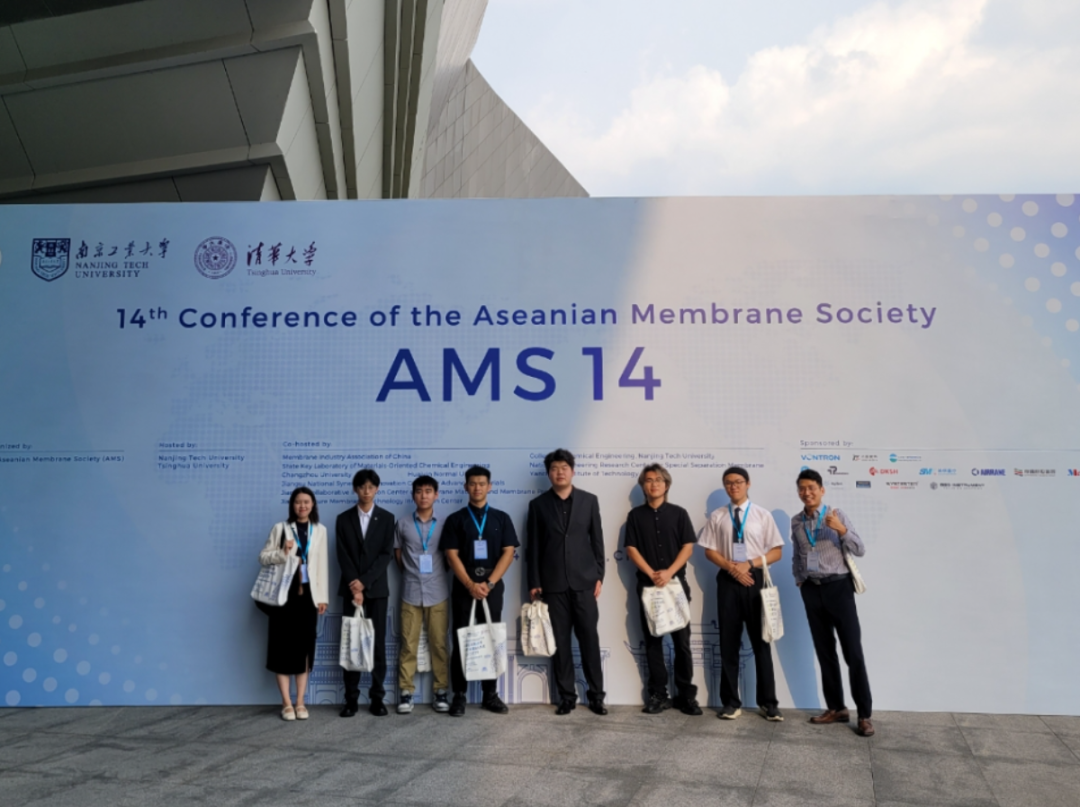
Professor Kim and his students also presented their research work at the 14th Conference of the Aseanian Membrane Society (AMS 14) and successfully filed a patent in China. “I’m thrilled to see our technology being applied in practice while testing and improving them for real-world applications. What’s even more valuable is the opportunity for my students to present research results and ask insightful questions to leading scientists worldwide. Such experiences are truly priceless for them,” Jungbin Kim remarked. Speaking of his recent work, Professor Kim stressed the weight of responsibility in advancing technology and aligning research with societal needs. As a teacher, he finds even greater fulfillment in seeing his students use their environmental science expertise to address real-world challenges and benefit from meaningful, impactful projects that combine hands-on experience with academic growth.
Guiding the Way to Eco-Civilization: Elevating “Livable Cities” to a New Height
“Twenty years ago, I studied Chinese for three years.” In 2007, Jungbin Kim visited China as a youth representative from South Korea to commemorate the 15th Anniversary of Diplomatic Relations between China and South Korea. During the visit, he studied Chinese culture and language in Beijing and Wuhan, forming a deep bond with China. He has always been deeply fascinated by Chinese culture and way of life. After arriving at WKU, he adapted to the new environment and pace of life, feeling right at home while balancing the Chinese and American environments.
During his spare time, he enjoys exploring Wenzhou’s diverse cultural activities and simply cycling without a set destination, finding a sense of relaxation and freedom. “This city is beautiful and livable, leaving me with an excellent impression. It offers the convenience of urban life without feeling overwhelming. In Wenzhou, I can enjoy so various simple pleasures. I have been to many big cities, but the atmosphere in Wenzhou is truly unique.” He said with a smile.
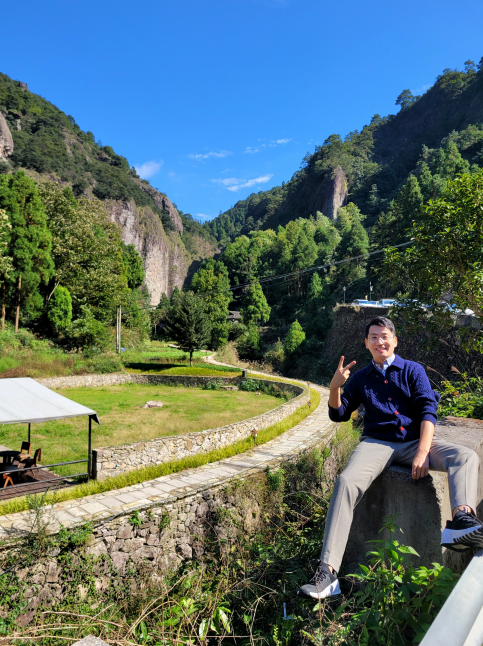
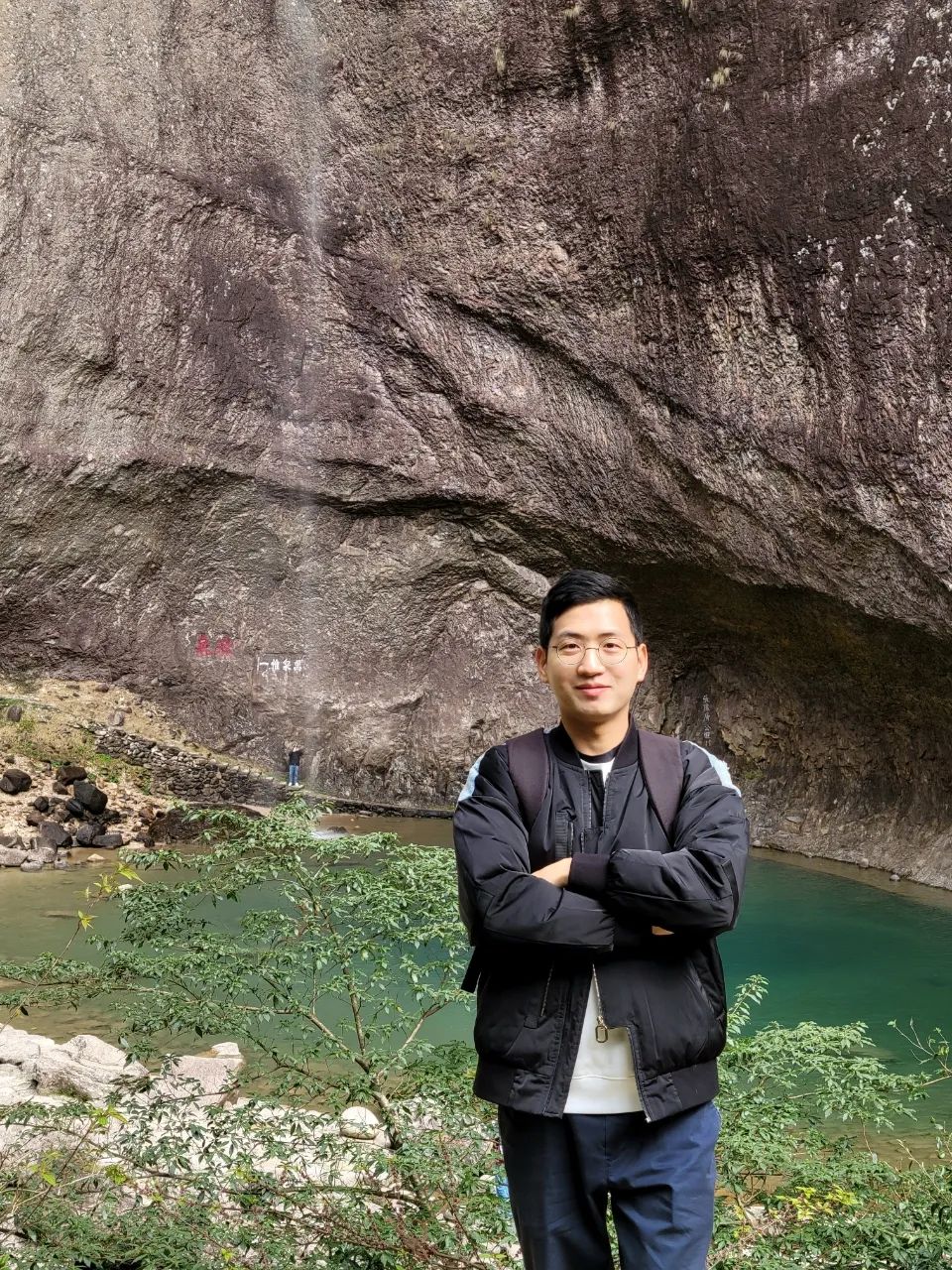
Looking ahead, Professor Kim hopes to transform his research into practical applications to help enhance water quality and aquatic ecological health in Wenzhou. “Water scarcity and pollution are challenges we must face, but how can we increase the efficiency of water utilization? How can we improve water treatment processes? I want to find the answers.” As a resident living in Wenzhou, he is thrilled to contribute his passion and expertise to improving Wenzhou’s water quality, promoting a circular economy, and benefiting all. He believes that through effective research innovation and collaboration between academia and industry, Wenzhou can make even greater strides in the construction of ecological civilization.
- Wenzhou-Kean University Spearheading Sustainability in Higher Education in Asia and in China, Awarded the AASHE STARS Gold-Certified in Sustainability
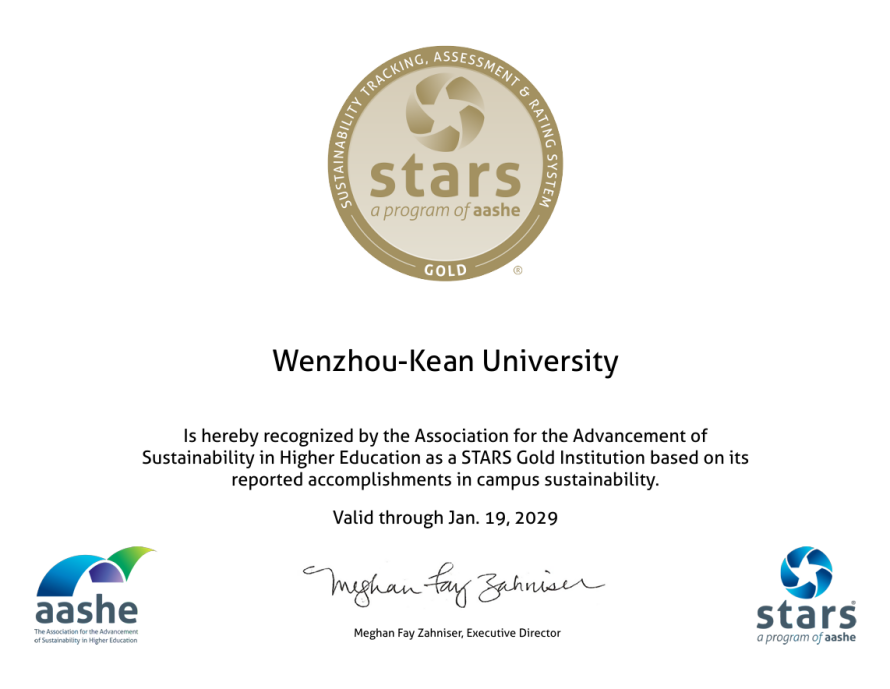
- Media Report | Wenzhou Daily: A Window into Friendship Between Chinese and U.S. Youths Wenzhou-Kean University Welcomes 340 Young Americans in Two Years
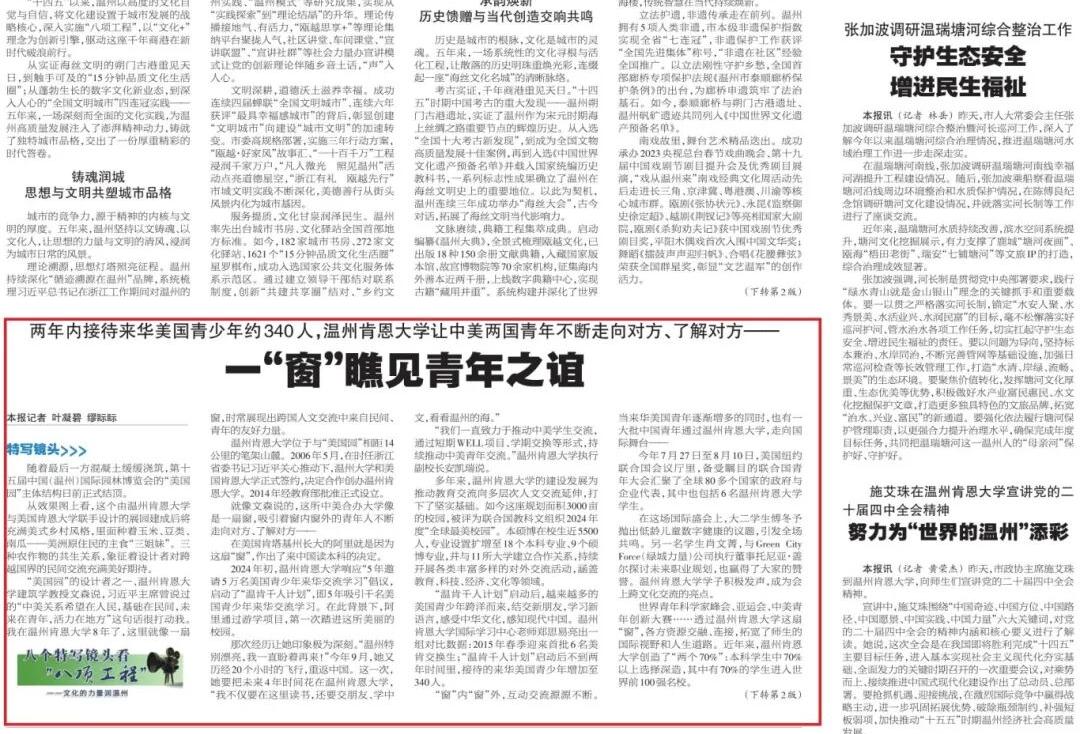
- WKU Student wins first prize in a national English speech contest: What is his answer to the value of boredom?
